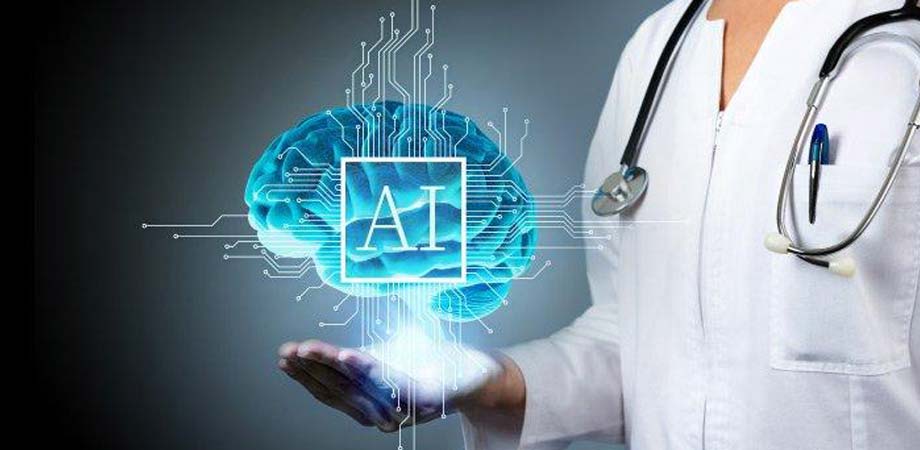
AI’s Role in Advancing Healthcare Diagnostics and TreatmentAI’s Role in Advancing Healthcare Diagnostics and Treatment Artificial intelligence (AI) is transforming the healthcare industry by revolutionizing the way medical professionals diagnose, monitor, and treat diseases. AI algorithms excel at pattern recognition and data analysis, enabling them to identify subtle patterns that humans might miss. This has led to significant advancements in healthcare diagnostics and treatment. Diagnostics: * Image analysis: AI can analyze medical images, such as X-rays, MRI scans, and CT scans, with high accuracy and speed. This assists in early detection and more precise diagnosis of diseases like cancer, heart disease, and neurological disorders. * Disease prediction: AI algorithms can analyze patient data, including medical history, genetic information, and lifestyle factors, to predict the risk of developing certain diseases. This enables proactive screening and preventive measures. * Personalized medicine: AI can create personalized treatment plans for individual patients based on their unique genetic profiles and health metrics. This approach has shown promise in improving treatment outcomes and reducing side effects. Treatment: * Drug discovery: AI is used to identify potential drug targets and develop new therapies. By analyzing vast amounts of data, AI can accelerate the drug discovery process and improve the chances of finding effective treatments. * Surgery planning: AI-powered systems can create 3D models of organs and tissues, allowing surgeons to plan and simulate complex procedures before performing them. This reduces risks and improves surgical outcomes. * Drug dosage optimization: AI can personalize drug dosages based on individual patient factors. This ensures optimal therapeutic effects while minimizing adverse reactions. * Monitoring: AI-enabled wearables and sensors can continuously monitor patient health metrics, such as heart rate, blood pressure, and sleep patterns. This data can be used to detect early warning signs of health issues and facilitate remote monitoring. Benefits of AI in Healthcare: * Improved accuracy and efficiency: AI algorithms can process large amounts of data quickly and accurately, reducing human error and improving diagnosis speed. * Personalized treatments: AI enables tailored treatment plans that are optimized for individual patients, resulting in better outcomes and reduced costs. * Early detection and prevention: AI can identify subtle patterns that humans might miss, leading to earlier detection and more successful interventions. * Reduced healthcare costs: By streamlining diagnostics and treatment, AI has the potential to reduce overall healthcare costs. Conclusion: AI is a transformative technology that is revolutionizing healthcare diagnostics and treatment. Its ability to analyze vast amounts of data, identify patterns, and make predictions is enabling more accurate, personalized, and efficient healthcare. As AI continues to evolve, we can expect further advancements that will improve patient outcomes and enhance the overall healthcare experience.
Posted inNews